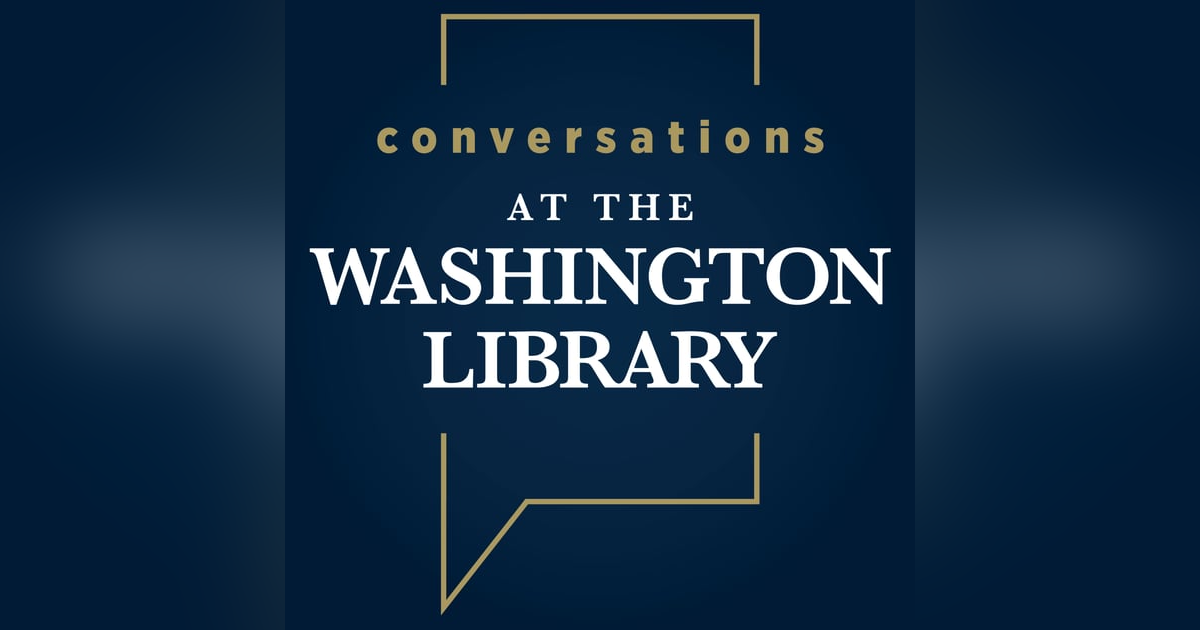Oct. 22, 2020
181. Electioneering Rage with Kelly Fleming

In 1784, British men went to the polls. It was a pivotal contest in the aftermath of the American Revolution, following a slew of prime ministers who had tried and failed to form governments that satisfied the British electorate, and King George III. British women played a critical role in this election, even though they could not vote. They canvased for votes according to very specific social customs, and accessorized their clothing and bodies to signal support for their respective candidates. They wore muffs, passed out cockades and ribbons, and plied the electorate with beer. And when women slipped outside the bounds of those gendered customs, as the Duchess of Devonshire was alleged to have done, women were accused of electioneering rage.
On today’s episode, Dr. Kelly Fleming joins Jim Ambuske to discuss how electioneering rage shaped eighteenth-century British literature. Fleming is a literary scholar and historian who is the Monticello College Foundation and Andrew W. Mellon Foundation Fellow at the Newberry Library in Chicago. She is currently completing a book entitled, Ornaments of Influence: Fashion Accessories and the Work of Politics in Eighteenth-Century British Literature. It’s a study that explores the tension and anxiety in British literature about women’s participation in British politics during the long eighteenth century. Fleming looks at a wide array of fashion accessories like muffs, cockades, and even ostrich feathers, which were procured through the trans-Saharan slave trade and served as a symbol of royal authority.
Ambuske and Fleming begin their conversation by learning how literary scholars unpack novels and read them for evidence.
They also look at what it means to do a close reading of a novel like Henry Fielding’s 1749 book, Tom Jones, before diving into Anglo-Irish author Maria Edgeworth’s 1801 novel, Belinda, a work inspired in part by Edgeworth’s disdain for women who failed to follow social norms.
About Our Guest:
Kelly Fleming is a scholar of eighteenth-century British literature and culture. She recently earned her Ph.D. in English from the University of Virginia. Her research explores relationships between gender, material culture, politics, law, and empire in British literature from the long eighteenth century. Her work has appeared in Eighteenth-Century Fiction and The Burney Journal. She is working on her book project tentatively titled, Ornaments of Influence: Fashion Accessories and the Work of Politics in Eighteenth-Century British Literature.
About our Host:
Jim Ambuske, Ph.D. leads the Center for Digital History at the Washington Library. A historian of the American Revolution, Scotland, and the British Atlantic World, Ambuske graduated from the University of Virginia in 2016. He is a former Farmer Postdoctoral Fellow in Digital Humanities at the University of Virginia Law Library. At UVA Law, Ambuske co-directed the 1828 Catalogue Project and the Scottish Court of Session Project. He is currently at work on a book about emigration from Scotland in the era of the American Revolution as well as a chapter on Scottish loyalism during the American Revolution for a volume to be published by the University of Edinburgh Press.
---
Send in a voice message: https://anchor.fm/mountvernon/message
Support this podcast: https://anchor.fm/mountvernon/support



















